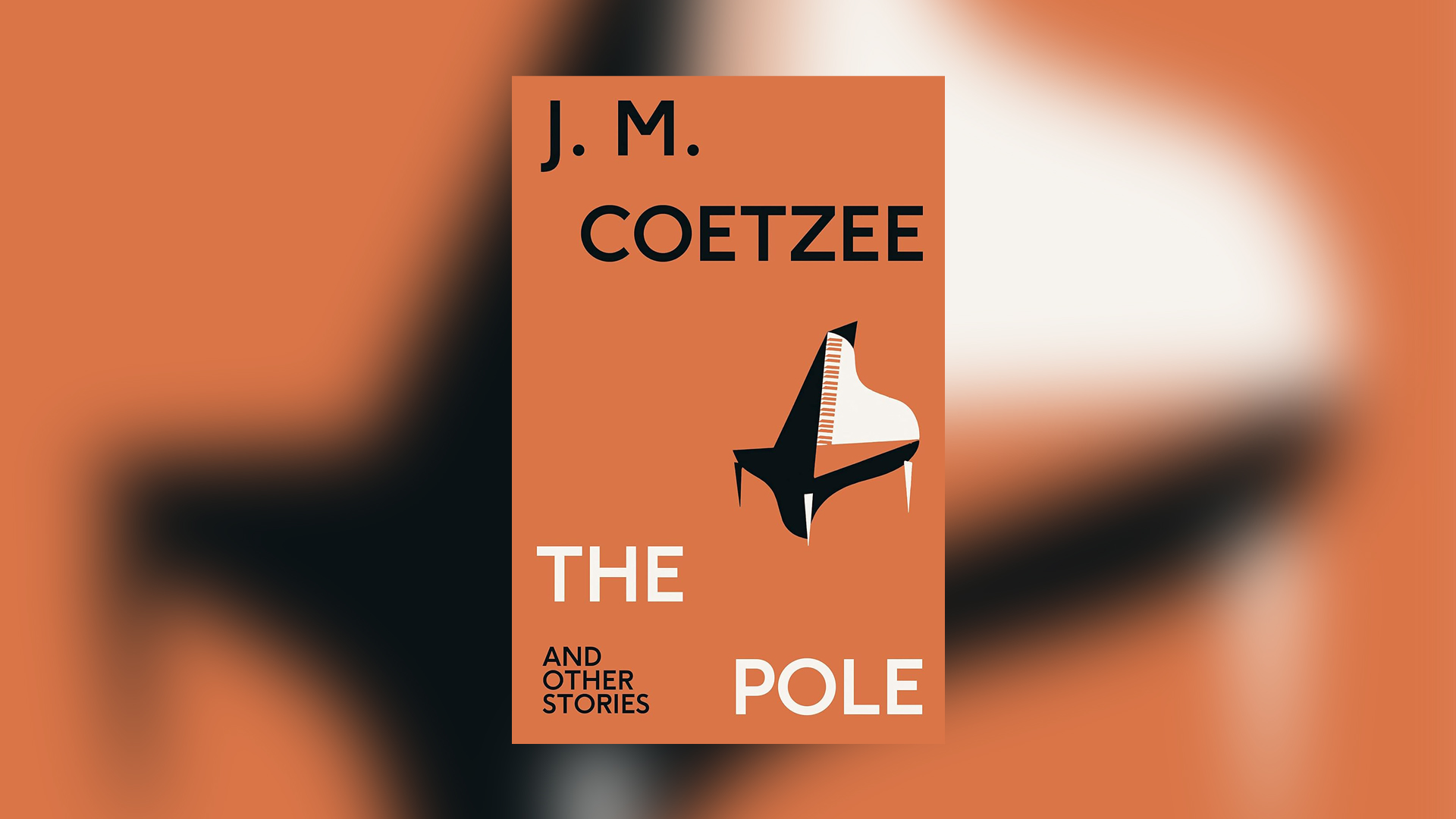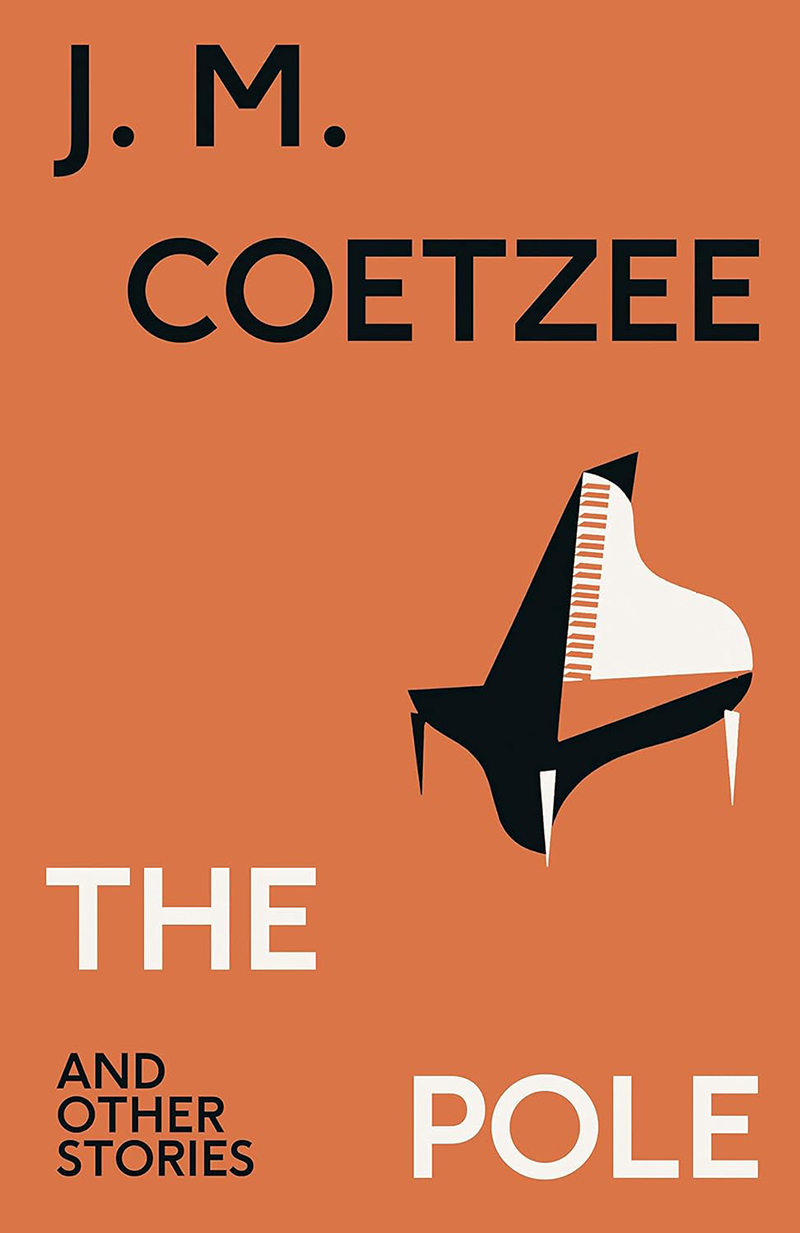JM Coetzee is a great writer, perhaps one of the greatest still around. His success is all the more extraordinary for the sheer uncanniness of his prose, the sparsely elegant feeling of obsession and neurosis that we take from his characters. That sense of the irrational and borderline absurd edges the superb writing in The Pole, a new short story now published together in a collection. This is Coetzee at his most lugubrious and beguiling: if it turns out to be one of his last works, it can easily claim to be one of the best occasional utterings from a novelist who is as notoriously reclusive in person as he is piercingly acute in writing.
The Pole tells a simple, bewitching, narrative. A Polish pianist comes to Spain to perform an originally curt and sophisticated programme of Chopin: the story’s title is only one of the many layered meanings in Coetzee’s typically laconic style. Organising the concert, and left in charge of entertaining the taciturn musician, is Beatrice, whose good deeds in the community fill in the time of her desultory marriage.
Get the latest news and insight into how the Big Issue magazine is made by signing up for the Inside Big Issue newsletter
The Pole falls for Beatrice. Beatrice does not reciprocate his intense feelings, yet, by force of irrational curiosity she allows him to tag along with her life, to continue his embarrassing attempted seduction and his attempt to communicate simply with words rather than the music and the other mother tongues through which he is used to communicating.
Coetzee’s story is ultimately about the difficulty of that communication. The Pole is treated with a good glimmer of humour, but where the strength of this work lies is in its powerful notion of failed communication, of a man trying to make enough contact with a woman for whom he has fallen in ways that she can understand.
His gestures seem at first comically feeble: the CD of his Chopin Nocturnes, the riddled lines of loving entreaties. The Pole has spent his life in an artistic bubble of noises which he struggles, when near death, to comprehend and put to use. Beatrice, convinced of the futility of this strange man and his gruff, ageing, desperate plea, lets herself be taken in. The finely laced and penetrating intensity of Coetzee’s prose is what carries us through this seemingly unpromising or obscure fictional landscape.










